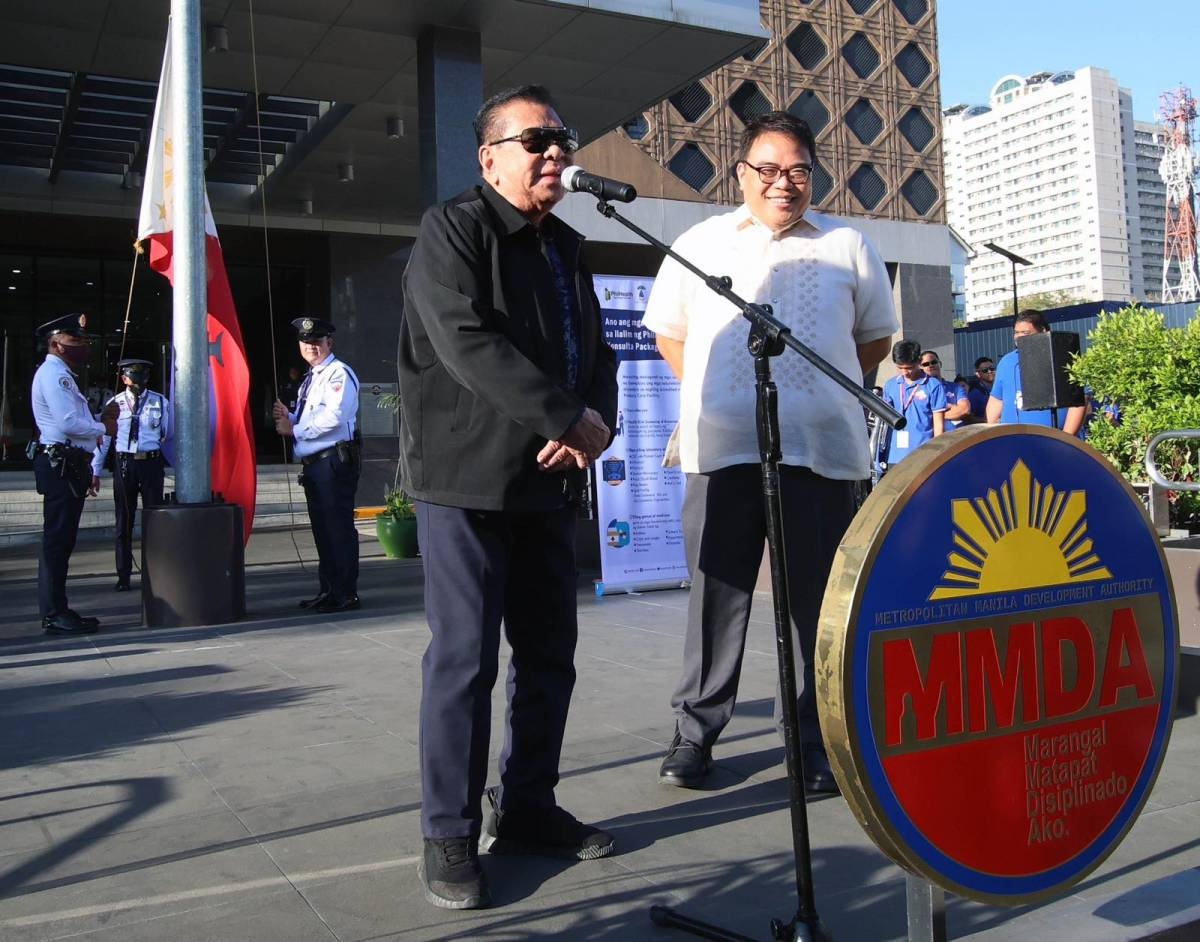The Incident and its Implications
The incident involving former Ilocos Sur Governor Luis “Chavit” Singson has ignited a larger discussion about the enforcement of traffic rules and the influence of individuals in positions of power. It has brought to light the question of whether there is a disparity in how traffic violations are handled based on a person’s social or political status.
Singson’s Decision and the MMDA’s Response
The decision by Singson to double the “reward” for the traffic enforcers who flagged down his convoy has only added fuel to the fire. While the Metropolitan Manila Development Authority (MMDA) has accepted the money as a “donation,” they have been quick to clarify that there are no conditions attached to it. The funds will be allocated to the general fund of MMDA and will be used for the overall needs of the agency, as determined by the Metro Manila Council.
Singson’s Remorse and the MMDA’s Stance
Singson, in recognizing the actions of the traffic enforcers, has expressed his remorse for his convoy’s violation and has extended his gratitude to the enforcers for their diligence. He has decided to reward them with a sum of P100,000 as a token of appreciation for their commitment to treating everyone equally, regardless of their social or political status.
However, the MMDA has made it abundantly clear that if Singson’s convoy were to once again illegally use the busway, they would not hesitate to flag them down. This statement underscores the agency’s unwavering commitment to upholding traffic regulations and ensuring that no one is above the law.
Broader Implications and the Need for Change
The incident involving Singson has sparked a larger conversation about the need for equal treatment under the law. It has raised concerns about whether individuals in positions of power are able to exert undue influence on the enforcement of traffic rules. The MMDA’s response, by accepting the money as a donation and reiterating their commitment to upholding the law, sends a strong message that no one, regardless of their position or influence, is exempt from following the rules of the road.
Moving forward, it is crucial that this incident serves as a catalyst for change. It should prompt a thorough examination of the systems in place to ensure that traffic rules are enforced fairly and consistently. It should also encourage a broader dialogue about the importance of accountability and transparency in the enforcement of laws, particularly when it comes to individuals in positions of power. Only through these efforts can we hope to create a society where everyone is held to the same standards and no one can evade the consequences of their actions.
The Significance of Traffic Violations and Enforcement
The significance of traffic violations and their enforcement cannot be overstated. Traffic rules exist for a reason – to protect the lives and well-being of all road users. When individuals, regardless of their status or influence, choose to disregard these rules, they not only jeopardize their own safety but also put others at risk.
In the case of Singson’s convoy, their unauthorized use of the dedicated busway on EDSA is a clear violation of traffic regulations. This busway was specifically designed to improve public transportation and alleviate traffic congestion. Allowing unauthorized vehicles to occupy this lane not only defeats its purpose but also disrupts the flow of traffic for other road users.
The Role of the MMDA in Traffic Enforcement
This incident underscores the importance of strict enforcement of traffic rules by the Metropolitan Manila Development Authority (MMDA). The MMDA plays a crucial role in maintaining order on the roads and ensuring that public transportation operates smoothly. Their efforts to enforce traffic regulations and penalize violators are essential in upholding the integrity of the traffic management system.
By holding individuals accountable for their traffic violations, the MMDA sends a clear message that no one is above the law. This not only deters potential violators but also fosters a culture of compliance and respect for traffic regulations. It is through the consistent enforcement of these rules that road safety can be upheld and the overall efficiency of the traffic management system can be maintained.
Transparency, Accountability, and Partnerships
The acceptance of Singson’s donation as a part of the general fund is a significant step towards ensuring transparency and accountability within the MMDA. By incorporating these funds into their budget, the agency can allocate resources towards the improvement of traffic management in Metro Manila. This decision sends a clear message that the money will be utilized for the greater good of the agency and the community it serves.
Furthermore, by not using the funds to favor any specific group or individual, the MMDA reinforces its dedication to upholding the rule of law. This commitment to impartiality ensures that all road users are treated equally, regardless of their background or influence. It establishes a sense of trust and confidence in the MMDA’s ability to carry out its responsibilities without bias or favoritism.
Moreover, the acceptance of donations from individuals like Singson highlights the importance of public-private partnerships in addressing the challenges faced by the MMDA. With limited resources and a growing demand for effective traffic management, collaborations with private entities can provide much-needed support. However, it is crucial to maintain a balance between accepting donations and maintaining independence and impartiality. The MMDA must remain vigilant in ensuring that these partnerships do not compromise its integrity or its ability to enforce traffic rules and regulations fairly.
Achieving Safety, Efficiency, and Fairness
In conclusion, the MMDA’s impartial enforcement and its acceptance of Singson’s donation as a part of the general fund demonstrate the agency’s commitment to transparency, accountability, and the rule of law. By upholding these principles, the MMDA strives to create a safe and efficient traffic system in Metro Manila, where all road users are treated equally and where the interests of the community take precedence.







